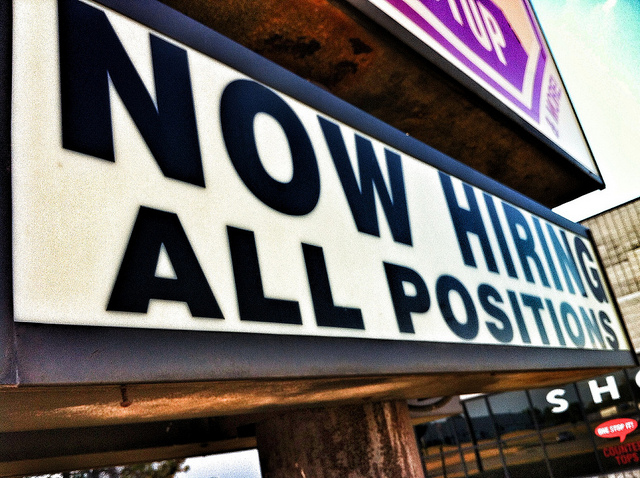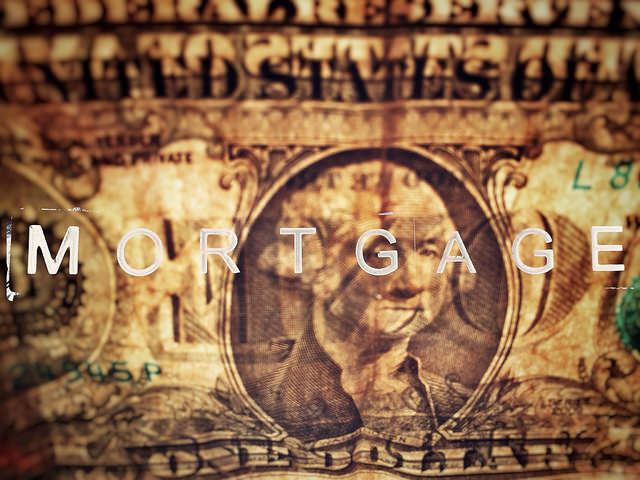There are a lot of different factors that play a role in determining whether or not you can buy a house and how much house you should buy. Current mortgage rates, home prices, your personal debt, income, and financial situation can all factor into your decision. That means, calculating whether or not now is the right time for you to pursue homeownership requires thinking a little bit about each. For example, home buyer demand remains elevated despite reports of affordability challenges in markets across the country. Why is that? Well one explanation is that a stronger job market has helped Americans feel more secure in their financial situation, which has made them willing to take on the commitments that come with buying a house and becoming a homeowner even with recent price and rate increases. In fact, according to one recent survey, the number of Americans who want to buy was up nearly 5 percent in January – which is typically a slow month for home sales. In other words, Americans feel more confident in their jobs and it’s fueling enthusiasm for buying a house. More here.












